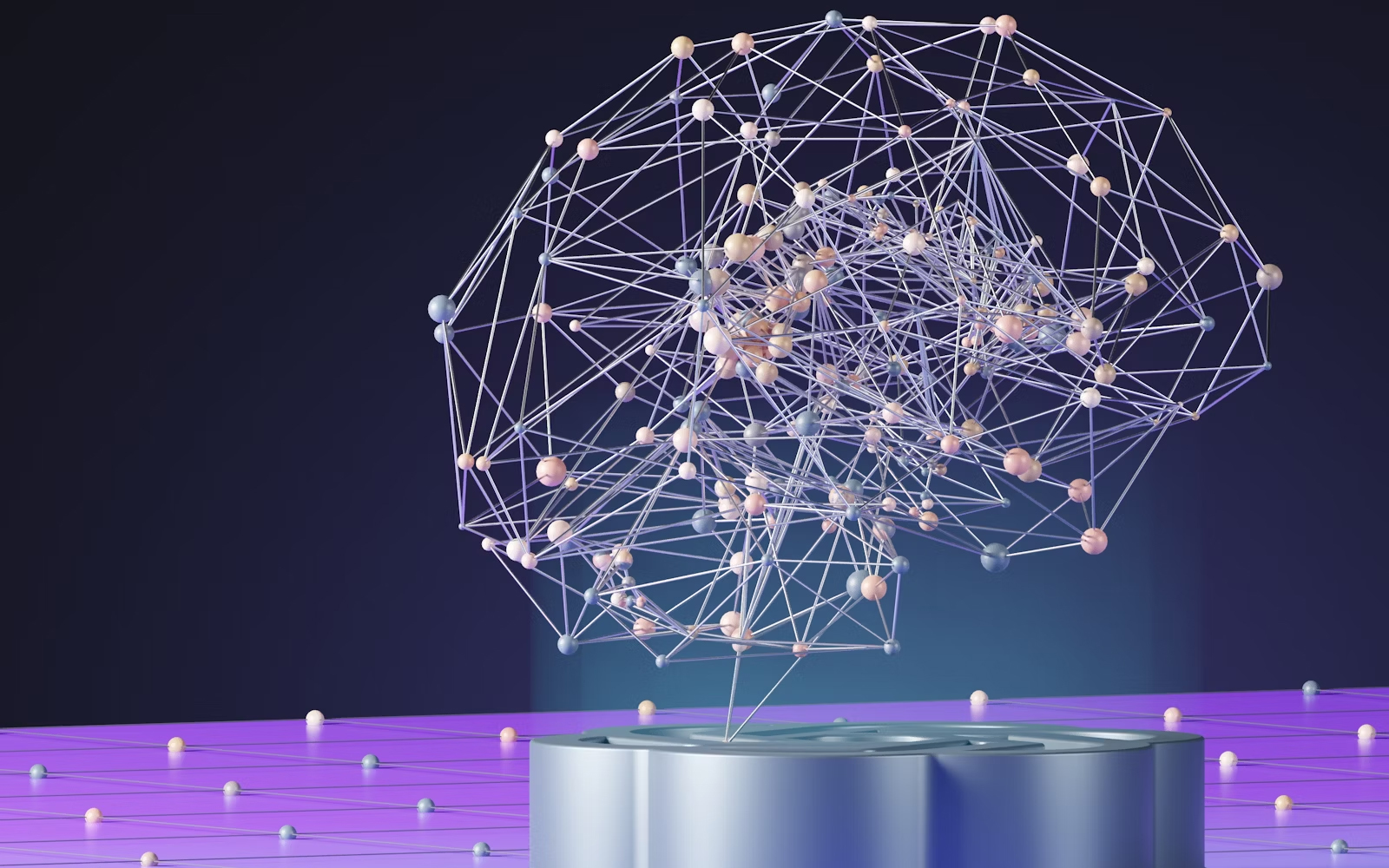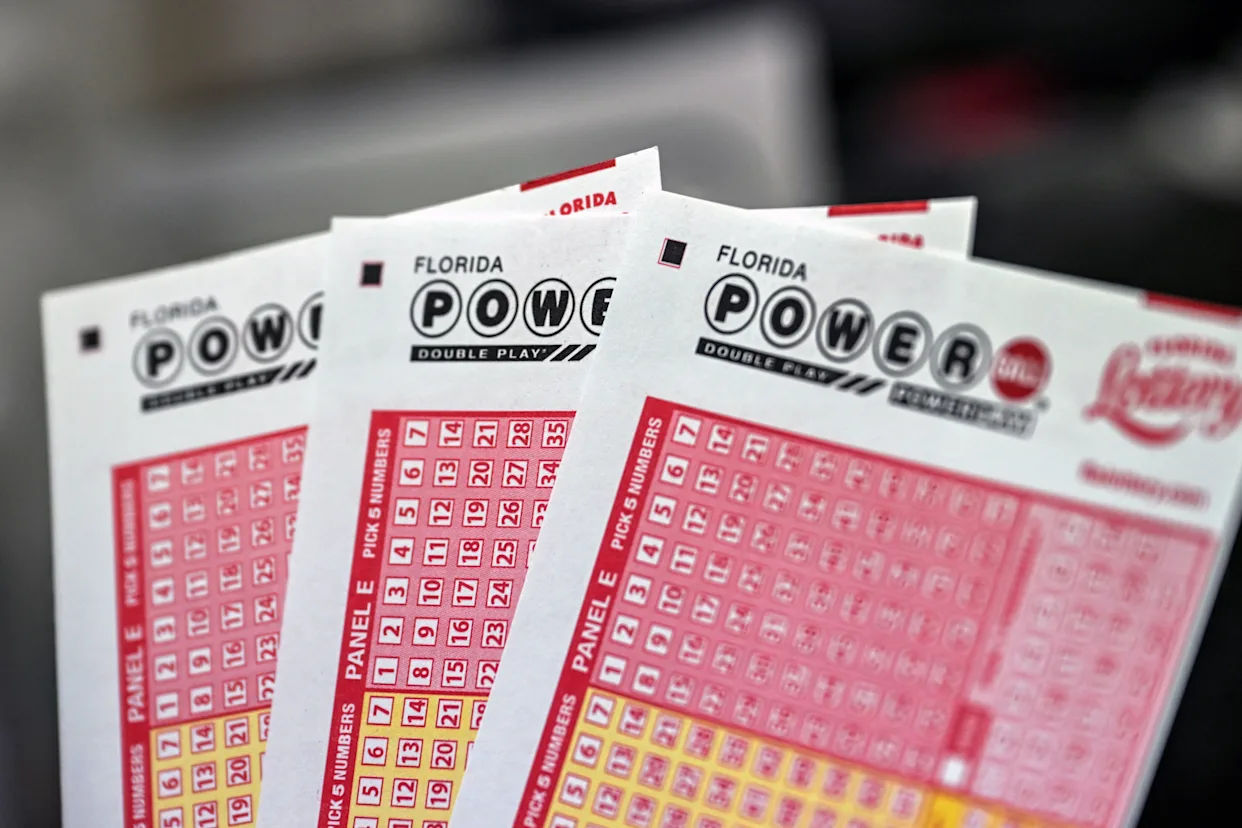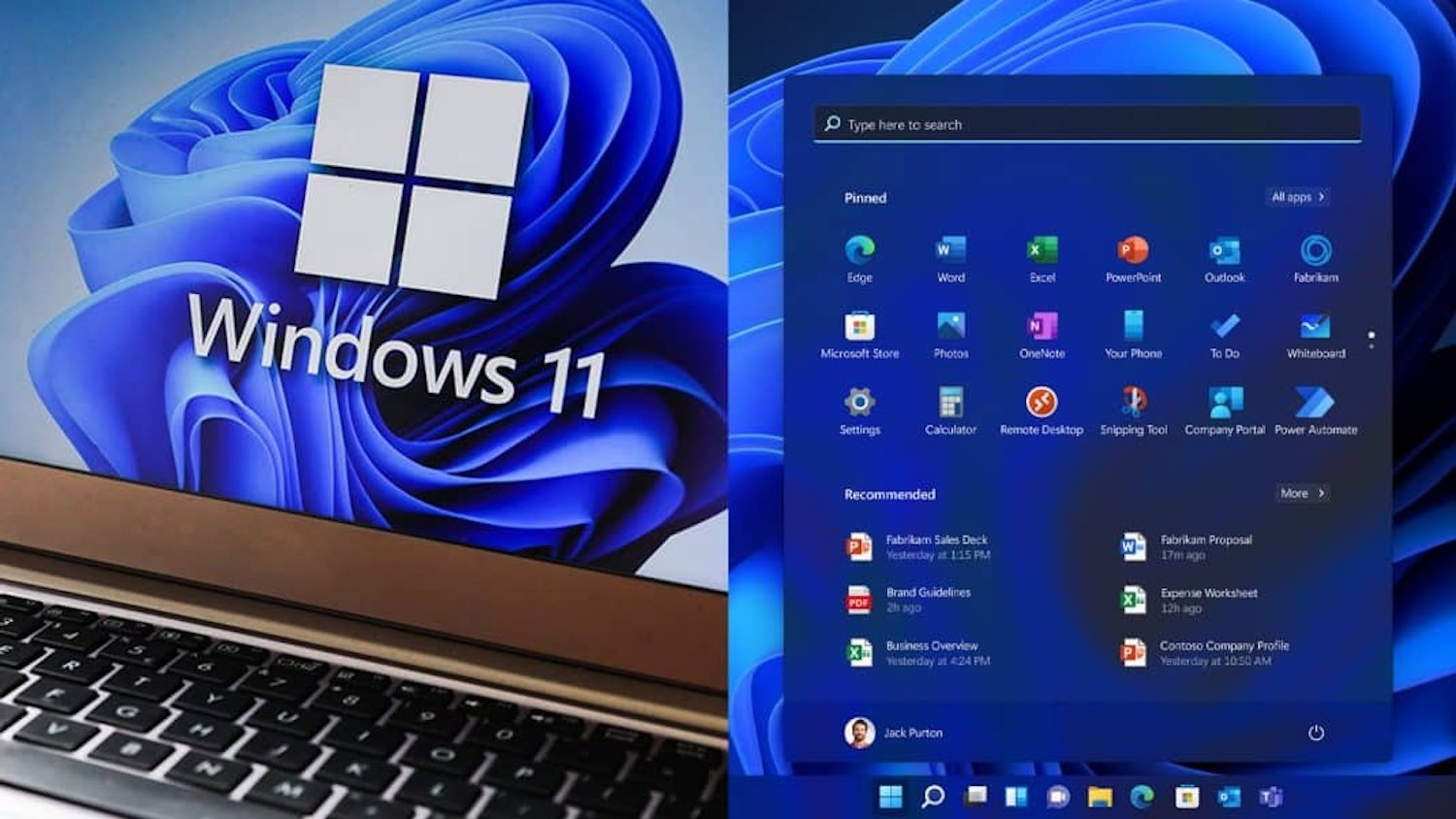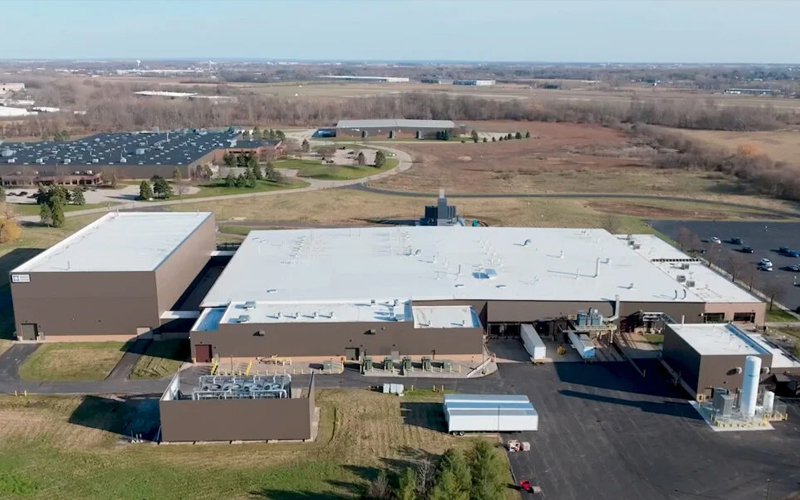
The pioneer in sodium battery technology, Natron Energy, has officially commenced production of sodium batteries that contain not a trace of lithium. This marks a significant advancement in energy storage despite being nearly a year behind the original schedule. The news was reported by NewAtlas.
The unique aspect of Natron Energy’s sodium-ion batteries lies in their composition. They consist solely of readily available materials such as sodium, aluminum, iron, and manganese.
Moreover, unlike lithium-ion batteries, which rely on materials like cobalt and nickel, the materials for Natron Energy’s sodium-ion batteries can be easily sourced in the American market, reducing the risk of trade-related issues.
Although sodium-ion batteries have slightly lower energy density compared to lithium-ion batteries, they offer several advantages including faster charging cycles, longer lifespan, and notably, higher safety standards. This makes them attractive for applications such as data centers and backup chargers for EVs.
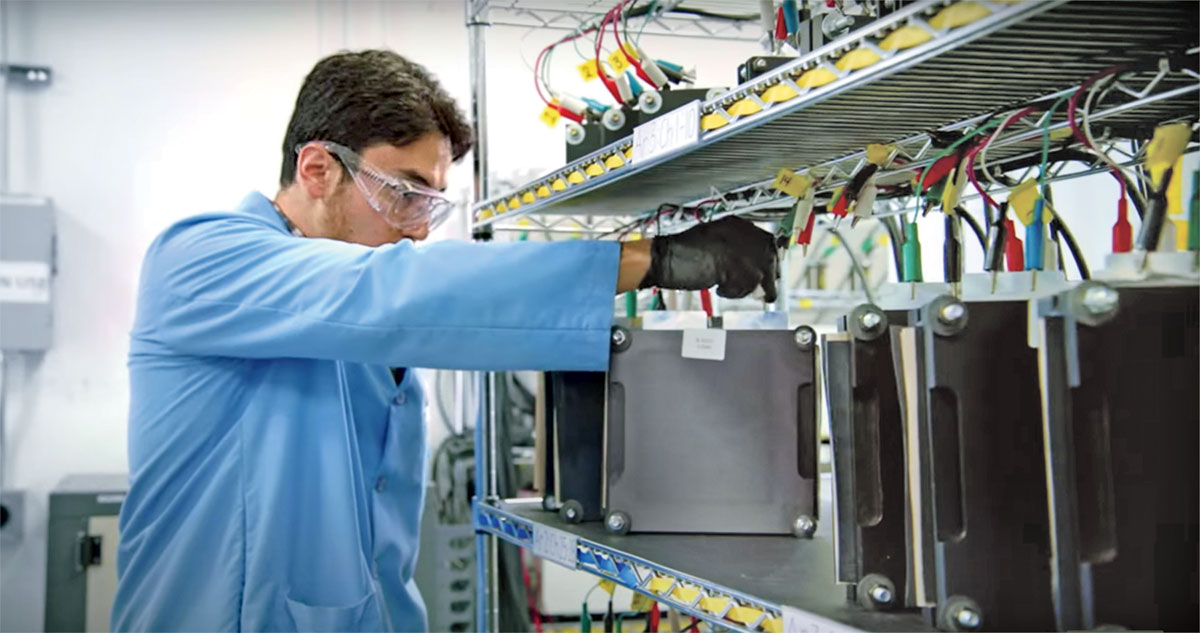
Grand Launch
Natron Energy’s manufacturing plant in Holland, Michigan celebrated its official start of production of these batteries with a ceremonial ribbon-cutting, becoming one of the first large-scale production lines for sodium-ion batteries. One of the main advantages of Natron’s sodium-ion batteries is their rapid charging/discharging capability, making them ideal for energy backup applications. Additionally, with an estimated lifespan of 50,000 cycles, these batteries provide assurance of longevity.
While specific data on the energy density of Natron batteries is not available, their focus on the mentioned applications aligns with their business plan. For reference, in 2022, they cited an energy density of around 70 Wh/kg.
Natron plans to expand production to the Netherlands, where they aim to launch production at a rate of 600 megawatts per year. According to their statements, this will serve as a model for future “gigawatt-scale facilities.”
